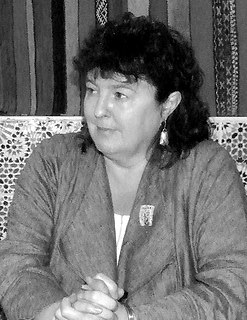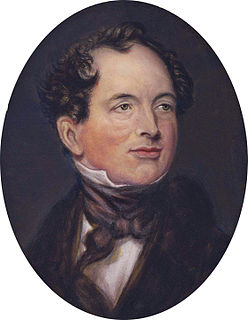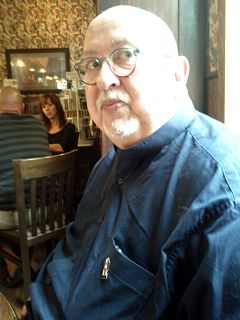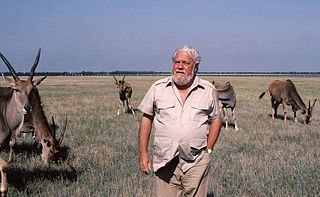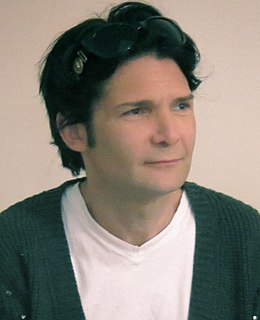A Quote by Susie Bright
I had no idea that mothering my own child would be so healing to my own sadness from my childhood.
Related Quotes
We find that even the parents who justify spanking to themselves are defensive and embarrassed about it....I suspect that deep inthe memory of every parent are the feelings that had attended his own childhood spankings, the feelings of humiliation, of helplessness, of submission through fear. The parent who finds himself spanking his own child cannot dispel the ghosts of his own childhood.
Life consists of sadness too. And sadness is also beautiful; it has its own depth, its own delicacy, its own deliciousness, its own taste. A man is poorer if he has not known sadness; he is impoverished, very much impoverished. His laughter will be shallow, his laughter will not have depth, because depth comes only through sadness. A man who knows sadness, if he laughs, his laughter will have depth. His laughter will have something of his sadness too, his laughter will be more colorful.
A parent who from his own childhood experience is convinced of the value of fairy tales will have no difficulty in answering his child's questions; but an adult who thinks these tales are only a bunch of lies had better not try telling them; he won't be able to related them in a way which would enrich the child's life.
You're the hero of your own story. I had let go of my own story from my own childhood and whatever anger I had and I began to see it from a very different place. It's really easy to be like "This thing happened to me! Look what they did to me or are doing to me." These are such powerful ideas and it's so easy to hold onto them forever. When I let go of those ideas it was easier to see my childhood from different points of view.
I have a number of symptoms that are neurotic and are constricting in the sense that if I had a brilliant idea for a film that had to be shot in Tulsa, OK I would tear it up and throw it away. Anything outside of New York, 'cause I can't exist in a hotel outside of my own home, I have to be in my own home and my own environment. This is a neurotic symptom that is constricting to my work even.
My childhood was very difficult. I had every childhood disease and then some, but my parents didn't mollycoddle me. They left me to fight those battles on my own. I guess that was very Canadian, very stoic. But it's good. I had to become a warrior. I had to give up hope and find a substitute for hope that would be far more stable.





